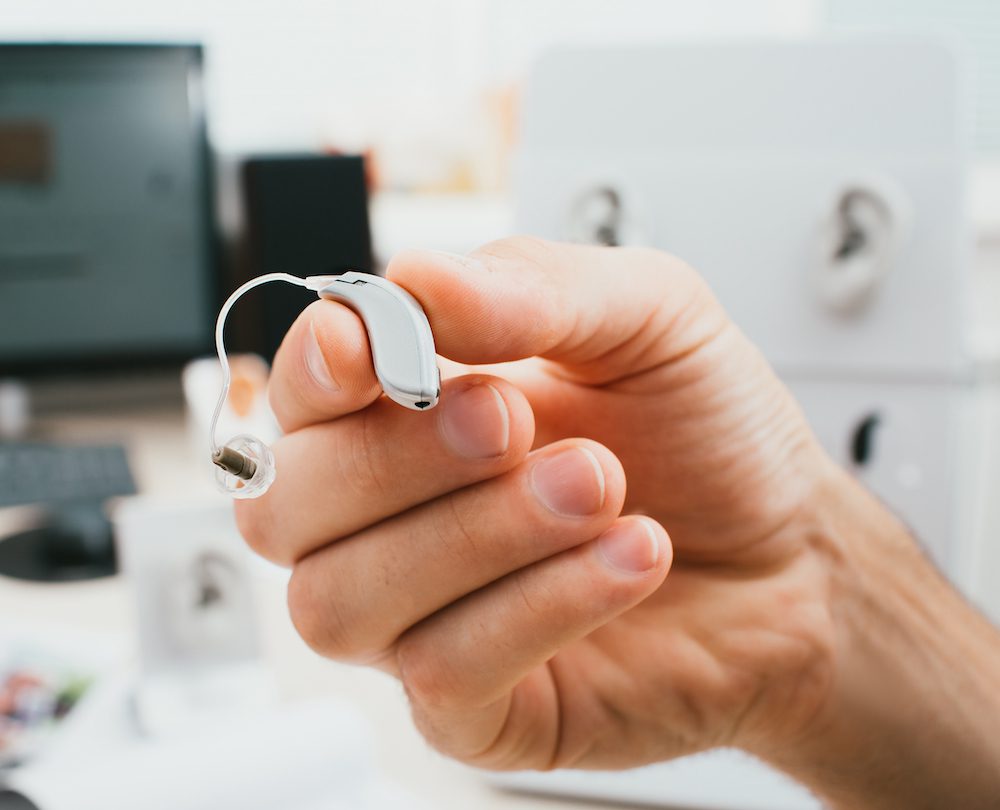ENT Care for Aging Adults: Special Considerations
As you get older, keeping track of your health becomes more complex with


As you get older, keeping track of your health becomes more complex with

When it comes to our children’s health, we often think about fevers,

Have you ever felt like your ears were stuffed with cotton, or experienced